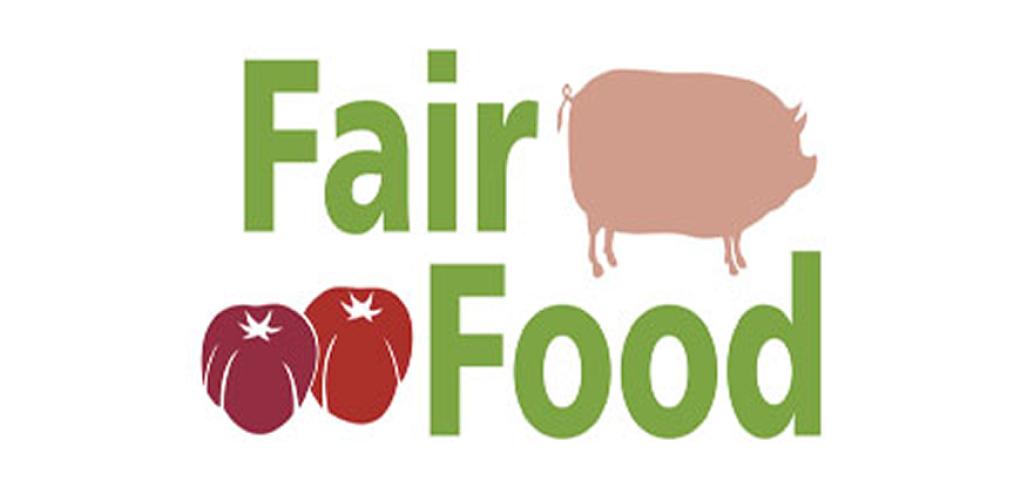
The Hands That Feed Us
Ripple released this first-of-its-kind report by the Food Chain Workers Alliance which looks at wages and working conditions of workers across the entire food chain – a sector that employs 20 million people in the U.S., comprising one-sixth of the nation’s workforce.
Our role in this campaign was to develop and frame key messages, draft press materials, create media lists and outreach to reporters. As Spanish language media was an important target audience, we developed appropriate press lists and had our press materials translated into Spanish – which resulted in substantial Spanish language coverage.
“THE HANDS THAT FEED US: Challenges and Opportunities for Workers Along the Food Chain” was based on nearly 700 surveys and interviews with workers and employers in food production, processing, distribution, retail and service.
According to the report, there are some good jobs in the food system (13.5% of workers surveyed earn livable wages), but the vast majority are incredibly low-wage, with little or no access to paid sick days and health benefits, with dire consequences for consumers. More than 86 percent of workers reported earning subminimum, poverty, and low wages, resulting in a sad irony: food workers face higher levels of food insecurity, or the inability to afford to eat, than the rest of the U.S. workforce.
There are some solutions to these challenging problems. For starters policymakers can increase the minimum wage and guarantee workers health benefits and the right to organize. Consumers can support businesses that are providing livable wages and benefits, and speak out against those that are not. Employers can increase wages and benefits; adopt systematic and fair hiring and promotion practices; and adopt benefits, such as paid sick days, that would allow employees to care for themselves and their families.
